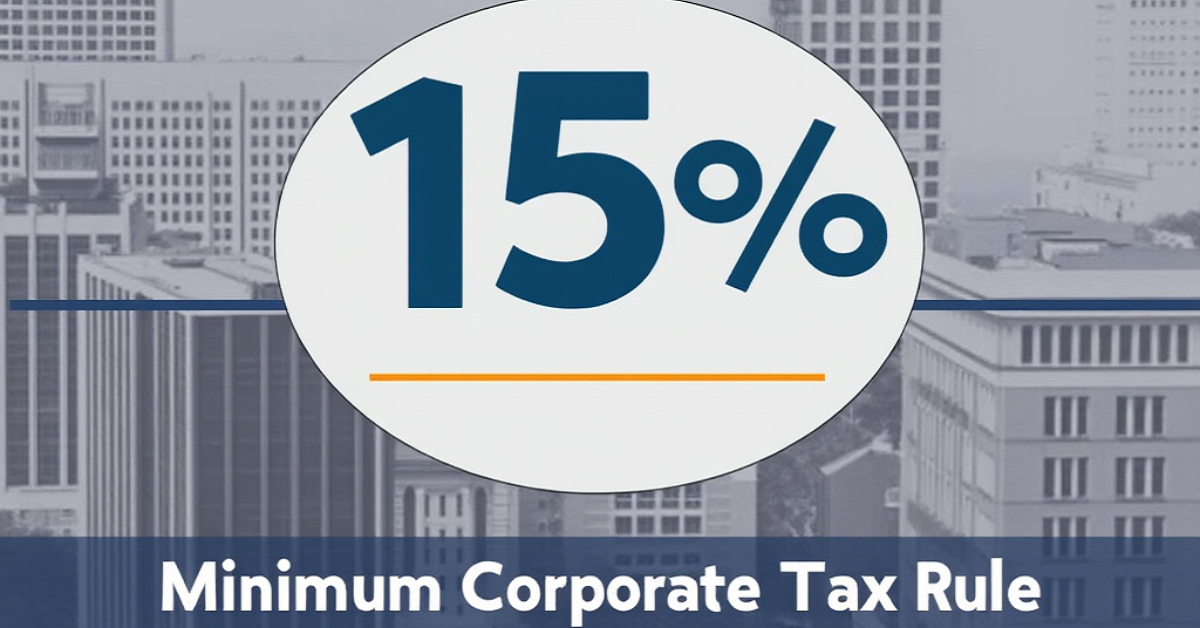India is preparing to align with the OECD/G20 Inclusive Framework on Base Erosion and Profit Shifting (BEPS) by adopting Pillar 2, which mandates a global minimum corporate tax rate of 15% for multinational corporations (MNCs). According to official sources, the government is set to include enabling provisions for this regime in the Income Tax Act, 1961, as part of an ongoing comprehensive review. The review aims to simplify the tax code and remove redundant sections, with the changes expected to be introduced in the FY26 Budget.

Pillar 2's primary goal is to prevent MNCs from shifting profits to low-tax jurisdictions by ensuring a minimum Effective Tax Rate (ETR) of 15% across all countries where they operate. This framework will apply to MNCs with a global turnover exceeding 750 million euros. Currently, around 30 countries have adopted the Pillar 2 rules, with more expected to follow.
Once India implements the provisions, the Central Board of Direct Taxes (CBDT) will notify the relevant rules after consulting stakeholders. The core components of the regime, including the Qualified Domestic Minimum Top-up Tax (QDMTT), Income Inclusion Rule (IIR), Undertaxed Profits Rule (UTPR), and Subject to Tax Rule (STTR), will allow the Indian government to collect additional tax from MNCs that underreport profits in low-tax jurisdictions.
Experts note that while India’s current corporate tax rate is 25.17%, the new framework will allow the collection of "top-up tax" on profits reported in countries with lower tax rates. This move is expected to boost India's tax revenues, although the extent of these gains will depend on how other countries, particularly low-tax jurisdictions, respond by implementing their own QDMTT.
Foreign MNCs operating in India are closely monitoring the development, especially regarding how India’s QDMTT will affect tax incentives, such as those provided in GIFT City. They will need to adjust their internal tax systems and ensure compliance with the new rules, which may require significant changes in financial reporting, data management, and accounting policies. Indian MNCs will also have to account for top-up taxes in their financial statements for the year ending March 2024.
The adoption of Pillar 2 will help India protect its tax base from erosion and ensure a fairer tax environment for both domestic and foreign MNCs. However, the actual revenue impact remains uncertain, as other countries may introduce similar tax mechanisms to claim their share of taxes.






 CAclubindia
CAclubindia

